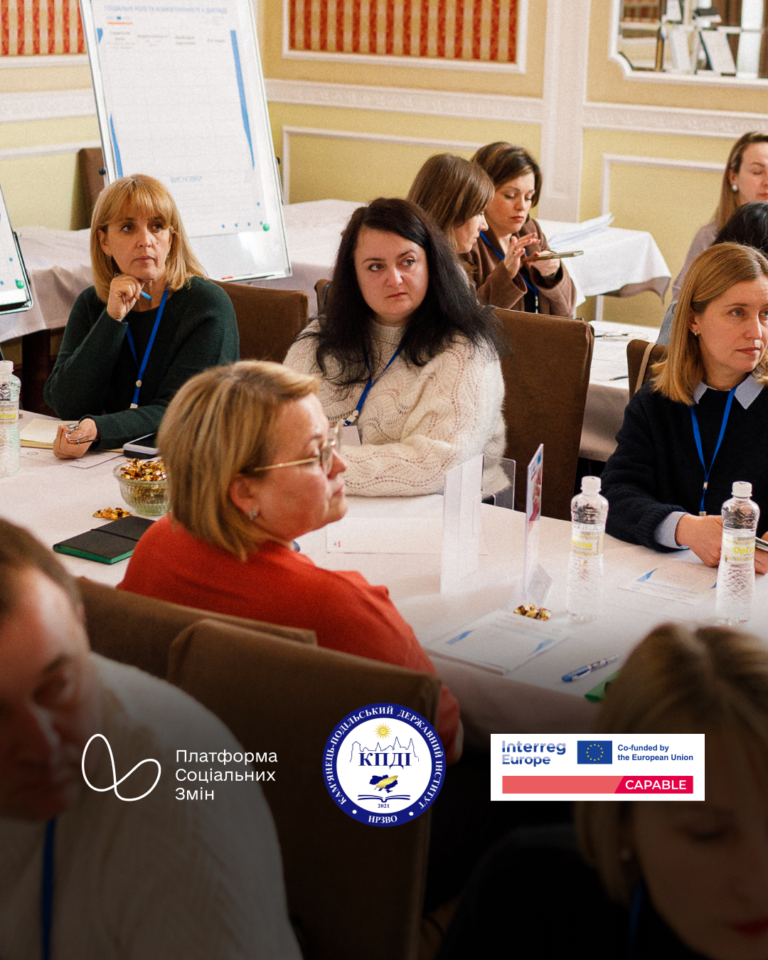5 Youth Green Entrepreneurship Ideas That Can Transform Local Communities
In a world where environmental challenges are becoming increasingly urgent, young people can play a key role as agents of change. They generate new ideas, implement innovations, and help foster a culture of responsible consumption. Supporting youth entrepreneurship in the green economy not only reduces environmental harm but also creates jobs, strengthens social ties within communities, and promotes resilience.
Here are five practical ideas for youth-led green businesses that can be implemented today:
1. Urban Gardening & Community Farms
Many cities face a lack of green spaces, air pollution, and limited access to fresh food. Young people can transform abandoned lots, rooftops, or empty buildings into gardens and greenhouses. This provides communities with fresh vegetables, reduces the urban heat island effect, and improves the local microclimate.
These projects also strengthen social connections and raise ecological awareness among residents. A notable example is the Yachay Initiative in Germany, which supports young people in creating urban gardens and community sustainability programs.
2. Eco-Friendly Packaging
The widespread use of single-use plastics damages the environment, polluting soil and water bodies. Youth startups can develop biodegradable, reusable, or recyclable packaging using food and agricultural waste.
For instance, the Australian startup Great Wrap produces 100% compostable cling film made from food waste. This replaces conventional plastic packaging, reduces waste, and encourages consumers to adopt sustainable practices.
3. Renewable Energy
Switching to solar, wind, and bioenergy reduces greenhouse gas emissions and helps combat climate change. Youth-led local projects supply clean energy to communities while providing young people with practical skills, technical knowledge, and project management experience.
An example is Youth4Sustainability in Jordan, where young people participate in installing solar energy systems in rural communities, increasing environmental awareness and creating new opportunities for development.
4. Sustainable Fashion & Textile Recycling
The fashion industry is one of the most polluting sectors worldwide. Upcycling, textile recycling, and ethical production help reduce waste and promote responsible consumption.
For example, Re:inventex in Ukraine focuses on comprehensive textile waste recycling, turning it into valuable resources and contributing to sustainable development while reducing environmental impact.
5. Water & Resource Management
Water scarcity is becoming an increasingly critical issue worldwide. Young people can develop efficient irrigation systems, rainwater harvesting solutions, and water management strategies that conserve resources, save water, and enhance community resilience.
Investing in youth green entrepreneurship has multiple benefits. It helps find solutions to pressing environmental challenges, creates new markets and jobs, and strengthens social cohesion. According to data, investments in renewable energy could create up to 85 million jobs by 2030, demonstrating the economic potential of green businesses. Youth-led initiatives also often act as catalysts for cultural change, inspiring communities to adopt more responsible and conscious consumption patterns.
To support young people in bringing their green ideas to life, we plan to launch the Youth Green Entrepreneurship Accelerator. The program will include an idea competition, intensive training, and mentoring from experienced entrepreneurs and sustainability experts. Participants will gain the knowledge and resources needed to turn their ideas into real businesses that use resources efficiently, generate positive community impact, and create economic value.
By supporting young people in building green businesses, we nurture a generation of leaders capable of tackling environmental challenges and building inclusive, resilient communities. Investing in their ideas today ensures sustainable growth and prosperity for local communities in the future.



